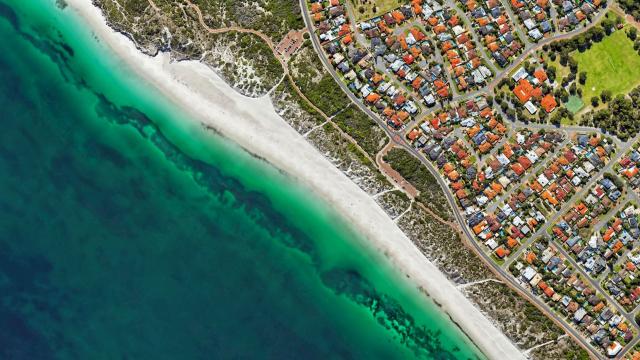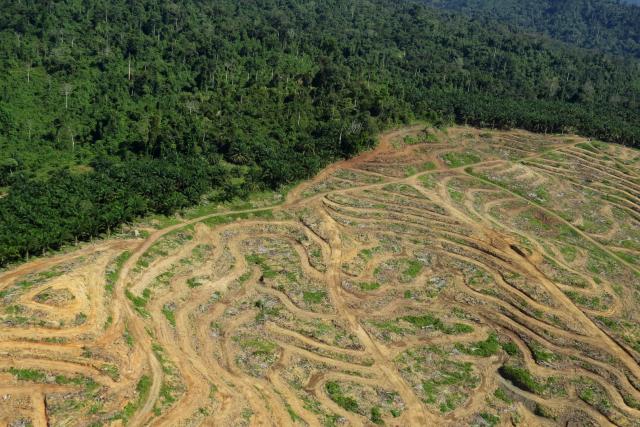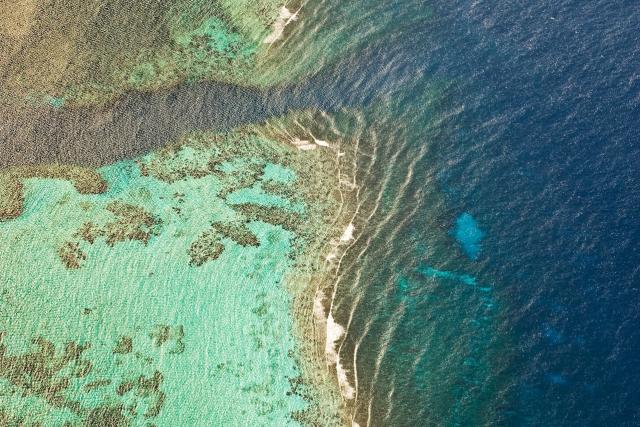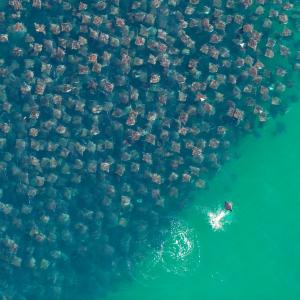
Regional and sectoral sustainable finance
WWF Finance team works across a number of thematic cross-cutting areas including food system sustainability, deforestation-free commodities, oceans and the blue economy and reducing financing to priority biodiversity areas.
Below is a selection of our current sustainable finance projects and publications.

Supporting deforestation-free investments in the Amazon
WWF is supporting the shift of finance flows to favour more sustainable activities, particularly in priority regions like the Amazon, Cerrado and South East Asia. In the 2016 report Banking on the Amazon, WWF outlined the sectors creating the most pressure on Amazonian deforestation and the risks and opportunities for financial institutions.
Supporting sustainable Food Systems
The food system is to biodiversity what the fossil fuels sector is to climate change. We work with partners to develop innovative financial mechanisms to channel private investment towards activities that promote more sustainable ecosystems and assess the risks of investing in unsustainable food systems.

Revealing water risks to financial sector investments
Water risks for businesses can lead to significant losses for banks in sensitive countries, as seen in WWF report ‘Hidden Risks and Untapped Opportunities: Water and the Indian Banking Sector’. The report provides evidence for why water presents a material risk for banks in India. In particular, it shows how water risks could lead to stranded assets in the power and agriculture sectors – two sectors that account for the highest gross credit exposure of Indian banks.
Blue Economy Finance
The ocean economy, which is estimated to be worth US$24 trillion, is rife with opportunities for investment. However, unsustainable commercial activities are eroding the ocean's natural capital base. The Blue Economy team is working to promote the Sustainable Blue Economy Finance Principles and develop new methodologies for assessing financial risk to investments in ocean-related activities through a series of studies. We support governments, multilateral institutions and private sector finance to ensure that investments and lending in the blue economy are sustainable by developing innovative tools that build materiality databases on investments linked to the blue economy. For example, in 2019-2020 we launched a report on Value at Risk to the Baltic Blue Economy that built an innovative modelling tool to assess risk to investments in the Baltic ecoregion. This project is currently being upscaled to a global model.
 Why it's important that we value nature
Why it's important that we value nature
 The Sustainable Blue Economy Finance Principles
The Sustainable Blue Economy Finance Principles